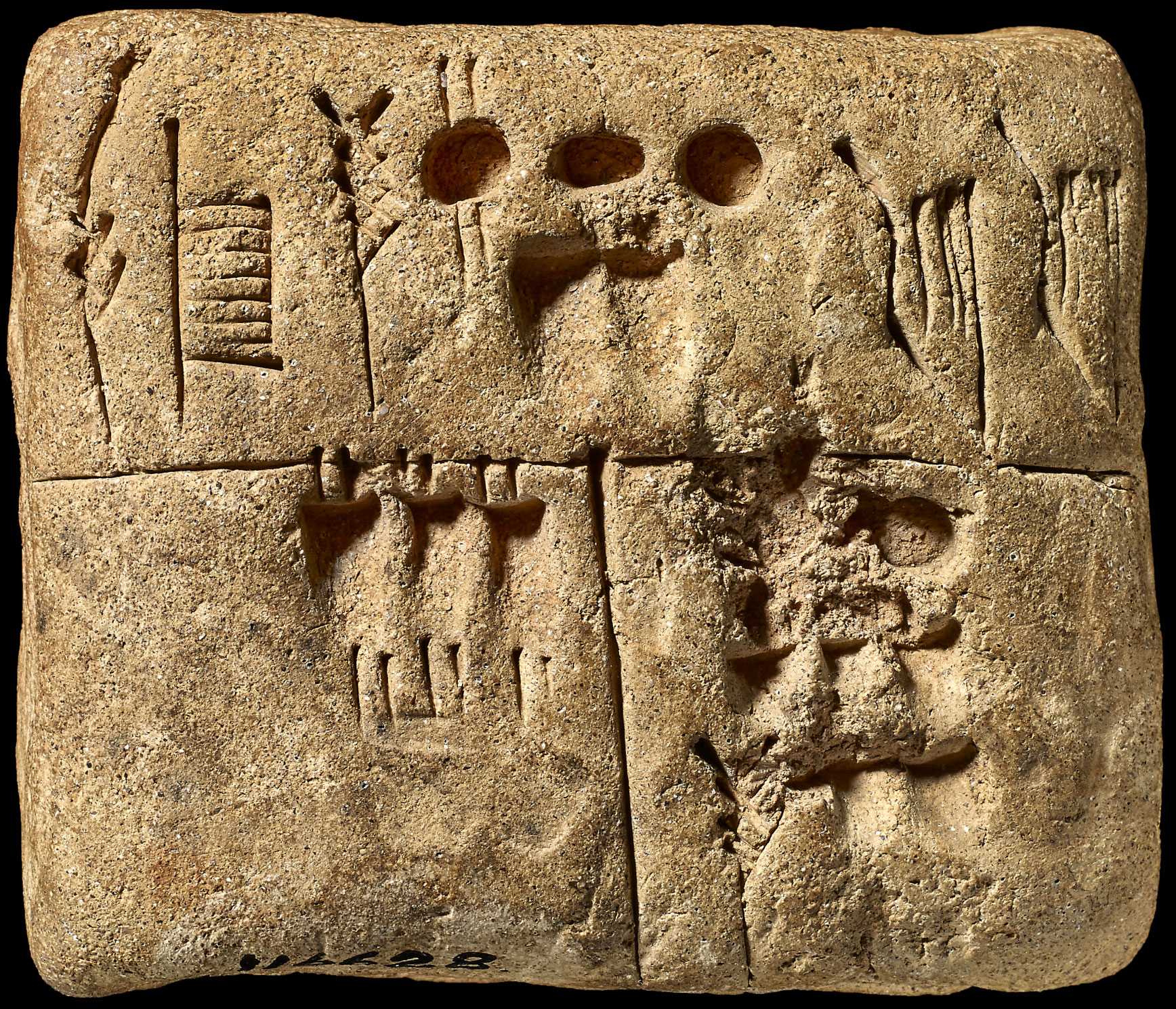Syllabus
Use the menu at the top left to navigate through the course syllabus, or click these links to view the course schedule, details on assignments, course policies, and a link to our course blog.
About this Course
 How do the methods, materials, and technologies of human communication shape religion,
politics, popular culture, and the circulation of knowledge? Can we tie the invention of
writing to the origins of cities? Would the ‘religions of the book’ have flourished in
the Middle Ages without the invention of the codex? Is it true that the printing press
made the Reformation and the Scientific Revolution possible? And did newspapers really
encourage the Age of Revolutions? We will tackle these questions as we trace the
history of human communication from its origins in the ancient Near East to its diffusion
over the World Wide Web.
How do the methods, materials, and technologies of human communication shape religion,
politics, popular culture, and the circulation of knowledge? Can we tie the invention of
writing to the origins of cities? Would the ‘religions of the book’ have flourished in
the Middle Ages without the invention of the codex? Is it true that the printing press
made the Reformation and the Scientific Revolution possible? And did newspapers really
encourage the Age of Revolutions? We will tackle these questions as we trace the
history of human communication from its origins in the ancient Near East to its diffusion
over the World Wide Web.
In addition to weekly thematic lectures and readings on the history of communication, you will try your hands at new digital methods of historical research and archival preservation. Together, and with visits from digital humanists working on projects in and around Princeton, we’ll examine how our latest revolution in communication–the emergence of digital languages, interfaces, and platforms–has transformed how historians and archivists preserve and interact with the material evidence of communication in the past.
The course has multiple goals:
- Students will learn the broad chronology of the history of human communication. Special attention will be given to moments of ‘rupture’ when new methods of communication displaced the old, often inciting broader cultural and societal change.
- Close engagement with digital archives will allow students to view and appreciate the material texts of the past.
- Students will learn to analyze how digital archives make historical arguments through the representation and presentation of sources. Likewise, students will learn to recognize the limitations of digital archives, both as representations of material objects and as ephemeral—and often fragile—sources in their own right.
- Finally, students will gain competency in a variety of “digital tools” which will allow them to communicate their own historical research to a broader public in digital format.
Course Meetings
Course meetings will alternate between sessions labeled “Lecture/Discussion” and sessions labeled “Digital Humanities Lab.” On “Lecture/Discussion” days, we will read articles or book chapters and watch lectures that relate the history of communications technologies. On these days, we will meet on Zoom for 50 minutes of discussion. Prior to each meeting, students will be expected to complete the readings on the syllabus and watch a pre-recorded lecture from Professor Reynolds. In our Zoom meetings, students should make every effort to contribute to discussion, either via the chat window or in real time conversation. Participation is a critical component of this course.
On “Digital Humanities Lab” days, we will explore digital humanities projects that relate to that week’s readings and lecture. On these days, we will meet on Zoom for the full 80 minutes of class time, and these sessions will often feature guest speakers with specific expertise about the archives or digital methods under study that week. These course sessions will also frequently incorporate “demos” of digital tools which students may then use in their “Digital Tools Assignments” or in their digital final project. Prior to each of these course meetings, students should complete the short “Pre-Lab Assignments” related to that week’s digital archive listed in the syllabus. All Pre-Lab Assignments are due to our course Canvas site by noon on the day of class.
Contact
Professor Melissa Reynolds melissa.reynolds@princeton.edu
Office Hours: Wednesdays from 10:00 - 12:00. Please make an appointment ahead of time on Wase.